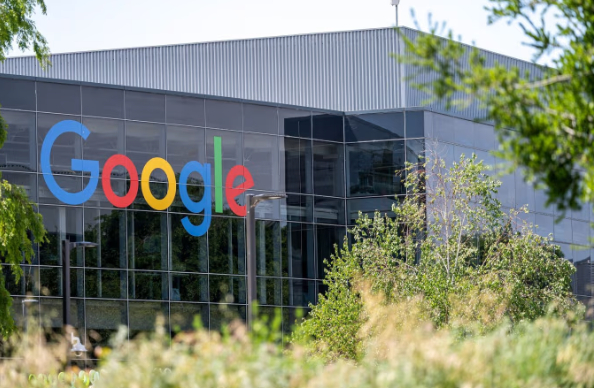
The European Commission recently announced a massive €2.95 billion (approximately $3.5 billion) fine against Google for abusing its dominant market position in online advertising technology. This is the fourth antitrust fine the EU has issued against Google since 2017, bringing the total fine to over €10 billion. This move not only intensifies the long-standing battle between Google and EU regulators but also highlights the struggles facing global tech giants under intense regulatory pressure.
The EU's penalty stems from an antitrust investigation launched in 2021. The European Commission accused Google of distorting market competition by prioritizing its own services through its advertising technology tools (such as ad exchanges and data management platforms), limiting competitors' access to critical data, and thereby limiting competition. EU Competition Commissioner Margrethe Vestager stated, "Google dominates every link in the advertising technology supply chain, and this self-favoring behavior harms publishers, advertisers, and consumers."
Following the fine, Google's head of global regulatory affairs, Leigh Anne Mulholland, issued a strong statement: "The EU's ruling is fundamentally flawed, and we will defend our rights through legal means." She emphasized that Google's advertising technology services promote market efficiency and face numerous competitors. However, the EU has given Google 60 days to submit a corrective plan and reserves the possibility of a structural breakup of its business.
The fine has triggered a fierce transatlantic confrontation. US President Trump, on social media, slammed the EU for "plundering American companies" and threatened to initiate Section 301 tariffs against the EU. Analysts point out that the EU's tough stance on regulating tech giants is clashing with US policies that protect domestic companies, exacerbating global trade tensions.
Since 2017, the EU has issued three fines to Google for search engine bias, Android system monopoly, and online advertising, totaling €8.25 billion. Despite repeated appeals by Google, the European Court of Justice recently upheld its majority ruling. This fine further underscores the EU's resolve to combat tech giants' monopolies, as its regulatory approach shifts from simple fines to requiring companies to change their business models.
For Google, advertising technology is one of its revenue pillars, with related revenue exceeding $200 billion in 2024. While the fine isn't a fatal blow, continued regulatory pressure may force it to adjust its business strategy. More far-reaching implications lie in the fact that the EU's stringent measures are becoming a global template—from France's fine against Google for data privacy to the US's own intensified antitrust scrutiny of tech giants, the global regulatory environment is tightening at an accelerating pace.
EU officials emphasize that the fines are intended to maintain fair competition and ensure that markets "serve the people, not monopolies." However, companies like Google worry that excessive regulation will stifle technological innovation. Behind this balancing act lies the urgent need for checks and balances in the digital economy: how to protect the rights of small and medium-sized enterprises and consumers while leaving room for technological advancement will be a difficult question for regulators worldwide.
As Google's appeals process progresses, the regulatory storm is far from over. The confrontation between Google and the European Union not only concerns the fate of a single company, but also foreshadows a profound change in the global technology governance landscape.

According to a recent report by Rich Asplund, a columnist for Barchart, the global sugar market is currently experiencing a complex and profound supply-demand game.
According to a recent report by Rich Asplund, a columnist f…
On January 13th local time, the three major US stock indice…
Recently, the 2026 edition of the MIT Technology Review lis…
On January 15, 2026, the US military announced the seizure …
At the 2026 J.P. Morgan Healthcare Conference, a joint anno…
For much of 2025, the market was rethinking whether the dol…